Every Experience Counts: Crafting Your Ultimate Master Resume
In the fast-paced world of job hunting, a master resume can be your secret weapon—a detailed archive of every professional step that helps you craft a tailored application at a moment’s notice. Imagine sitting at your desk, coffee in hand, as you review every past job and achievement stored in your digital portfolio. It’s not just paperwork—it’s the story of your career, rich with lessons, growth, and potential that might surprise you in unexpected ways.
This approach transforms resume building into an evolving narrative, where each position, no matter how seemingly insignificant, is a chapter that could spark the perfect conversation in an interview. By keeping every detail at your fingertips, you’re always prepared to shine in any new opportunity, proving that every experience can be a stepping stone to success.

‘LPT: Keep a separate master resume with ALL previous work experience. When sending out a resume for application, duplicate the file and remove anything that may be irrelevant to the position. You never know when some past experience might become relevant again, and you don’t want to forget about it.’
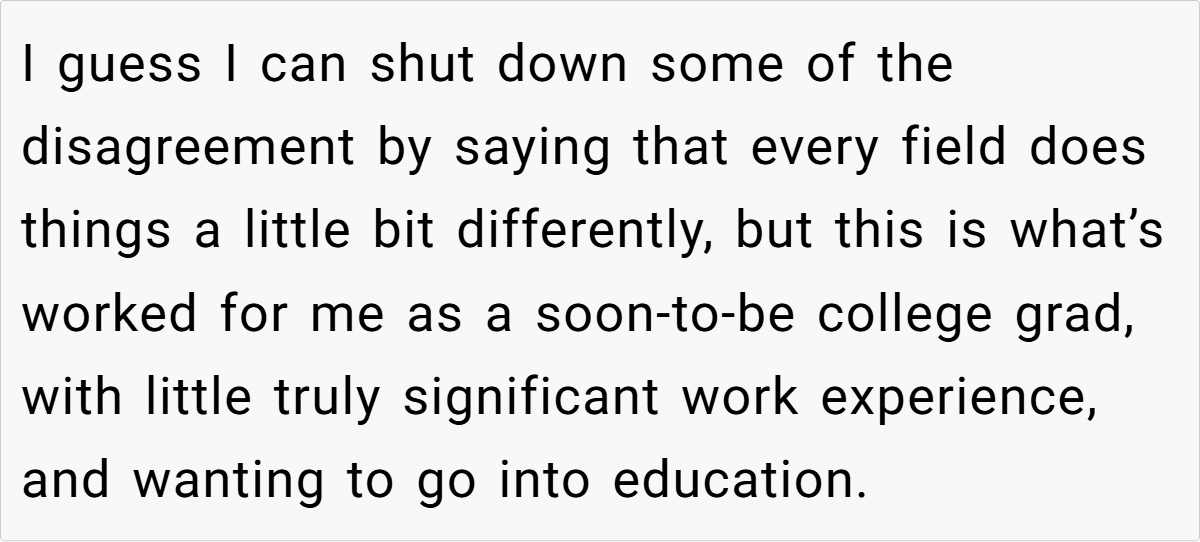
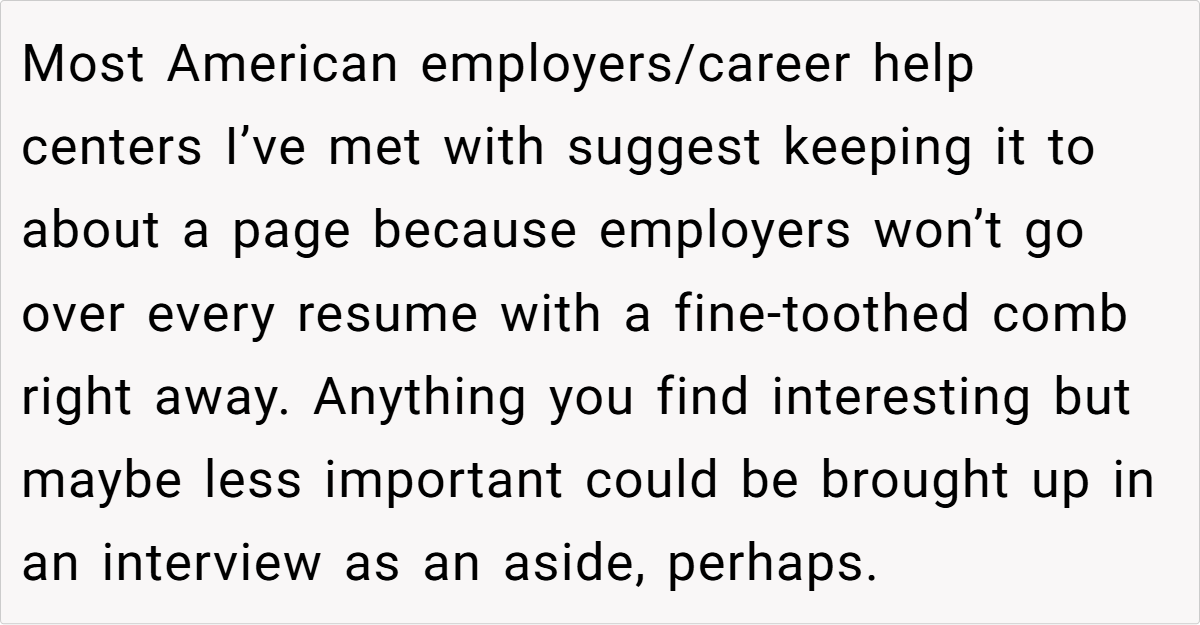
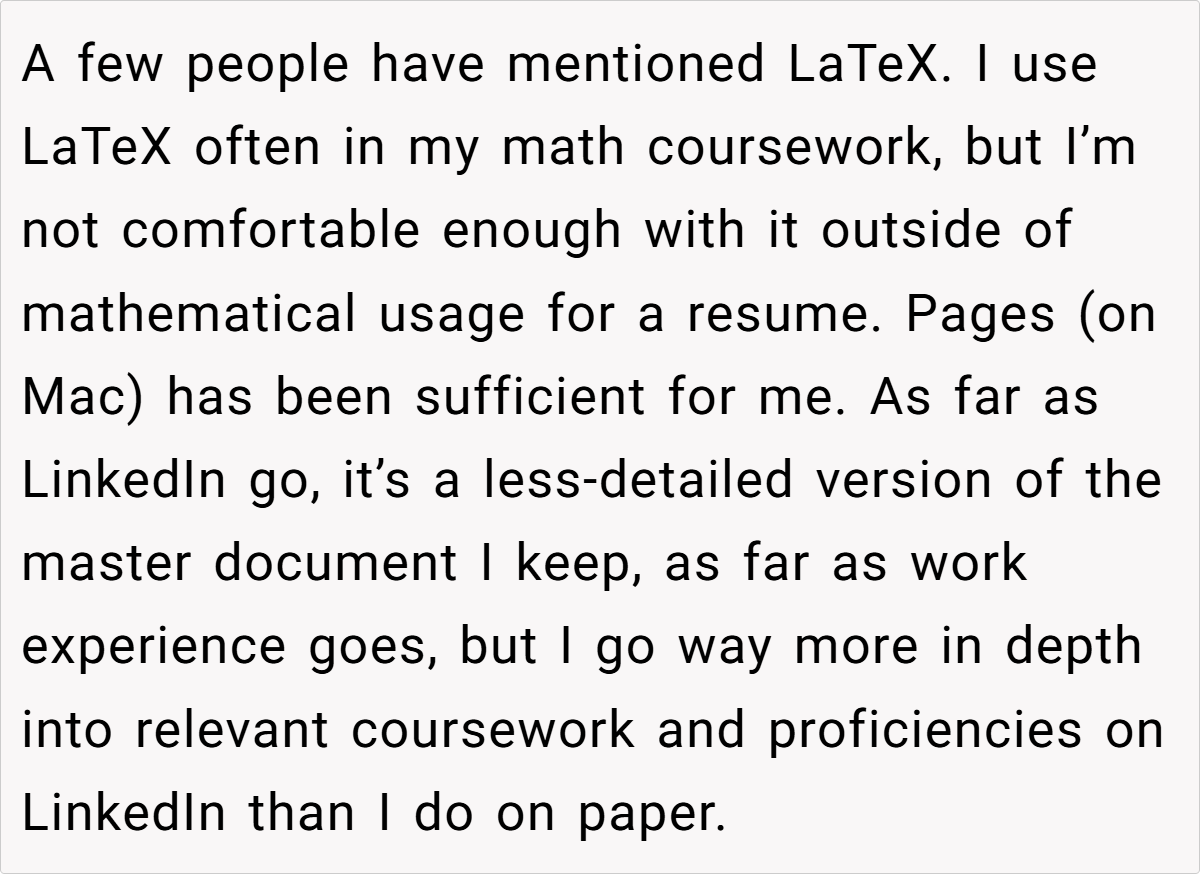
Presenting your complete career history might seem overwhelming at first. However, maintaining a master resume ensures that no valuable detail is ever lost. It’s a living document that grows with you, capturing every role, responsibility, and achievement so that you can later craft the perfect application tailored to the job at hand. This practice not only keeps you organized but also makes the interview process far less stressful.
In today’s competitive market, having a master resume is like carrying a personal archive of your professional life. It gives you the freedom to select the most relevant experiences for each application, much like a curator choosing the best pieces for an art exhibition.
As career expert Liz Ryan famously said, “Your resume is a marketing brochure, not your life story.” Although her focus wasn’t solely on master resumes, her insight reinforces the idea that you need a comprehensive record to effectively market yourself. This mindset empowers you to adapt your narrative to meet the expectations of different employers.
The debate on resume length is as diverse as the job market itself. While many US employers often suggest keeping a resume to one page for quick scanning, the master resume defies this limit. It acts as an internal repository where every detail is preserved, even if not immediately visible in the final version sent to employers.
This approach acknowledges that every role, even those seemingly minor, can add value to your overall career narrative. It also offers an invaluable reference during interviews, providing you with a robust foundation to discuss your journey.
Broadening the scope, consider the broader societal implications of this approach. In a world where job changes are frequent and industries evolve rapidly, having a detailed record of one’s career is more important than ever.
For instance, renowned actor Tom Hanks once revealed in an interview how early, seemingly irrelevant roles contributed to his dynamic acting career—a reminder that every experience holds hidden potential (source: Forbes). This anecdote illustrates that embracing the full spectrum of your work history can lead to unexpected opportunities and deeper personal insights.
Taking practical steps can further elevate your career prospects. Beyond maintaining a master resume, it’s advisable to routinely update it as new experiences accumulate. Tailor the content for each job application by highlighting relevant skills and achievements, and even maintain a parallel digital presence on platforms like LinkedIn. By doing so, you’re not only prepared for every job opening but also positioned as a proactive candidate in a competitive market.
Take a look at the comments from fellow users:
Here are some hot takes from the Reddit community—candid, humorous, and refreshingly down-to-earth.
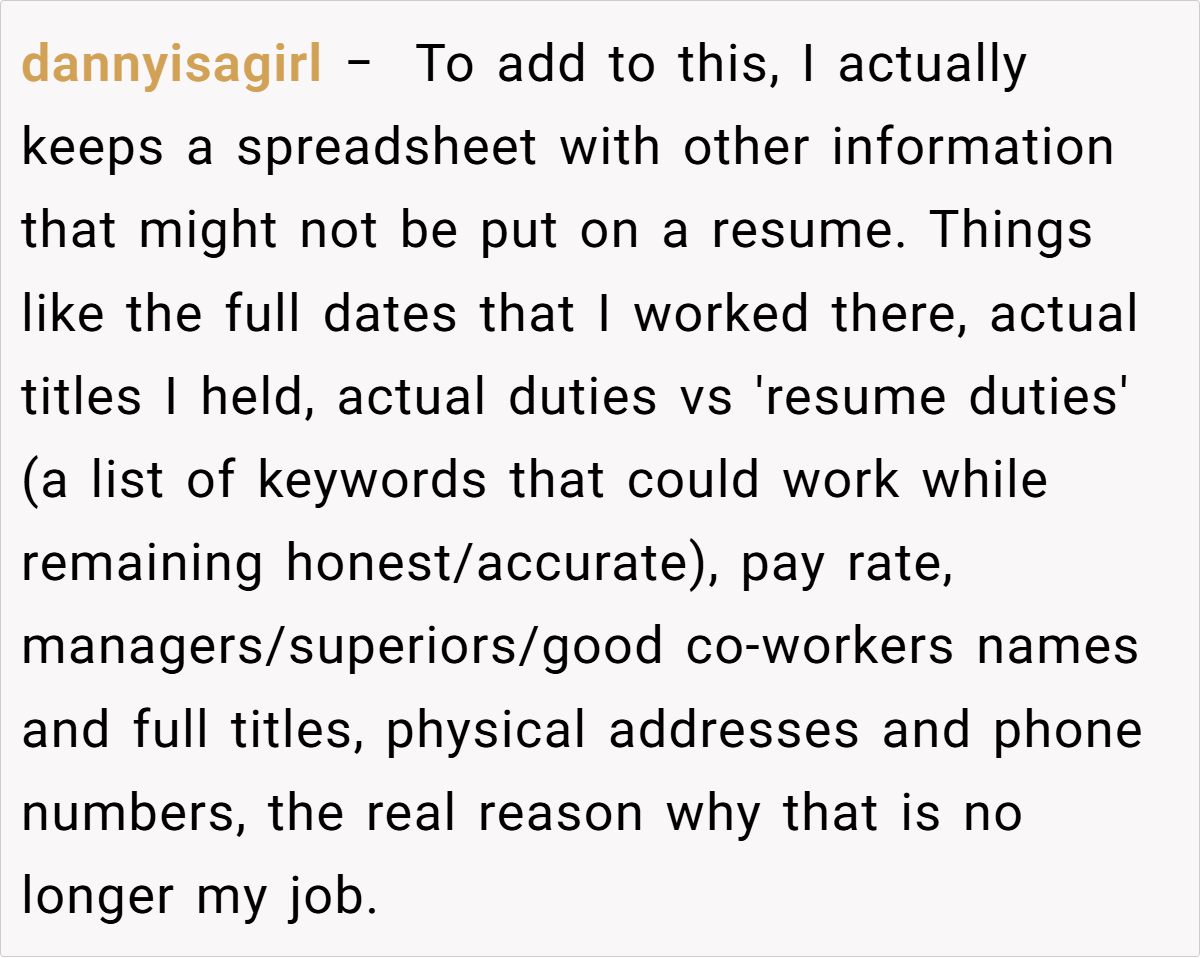
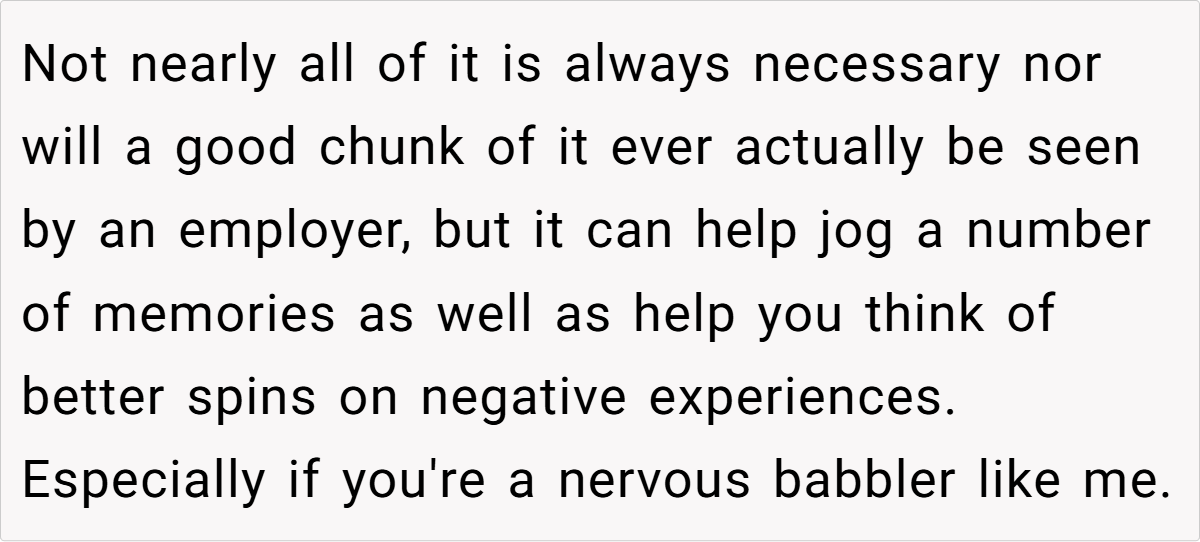
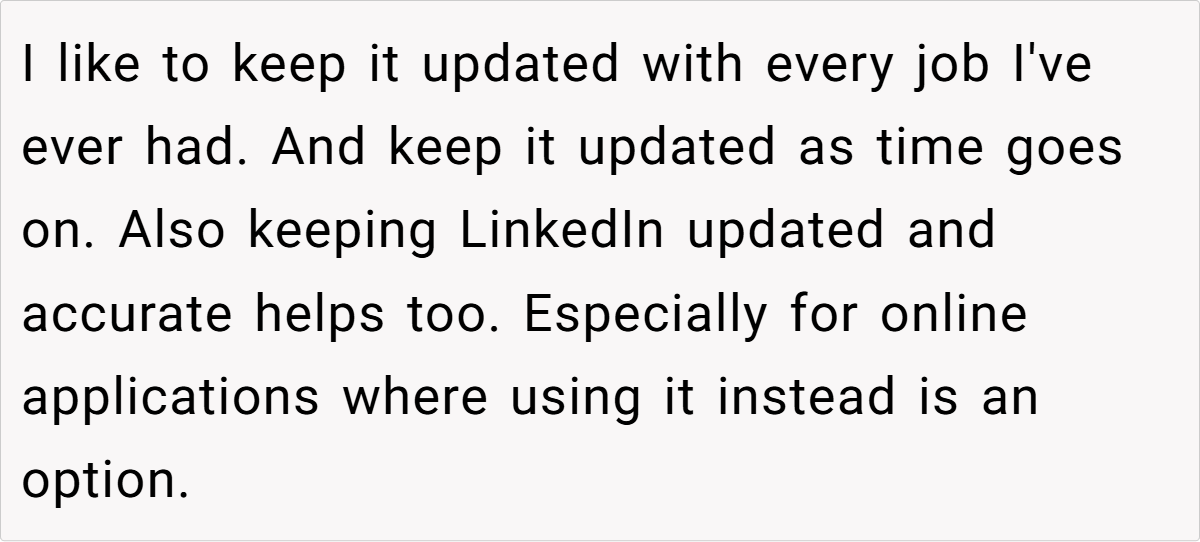
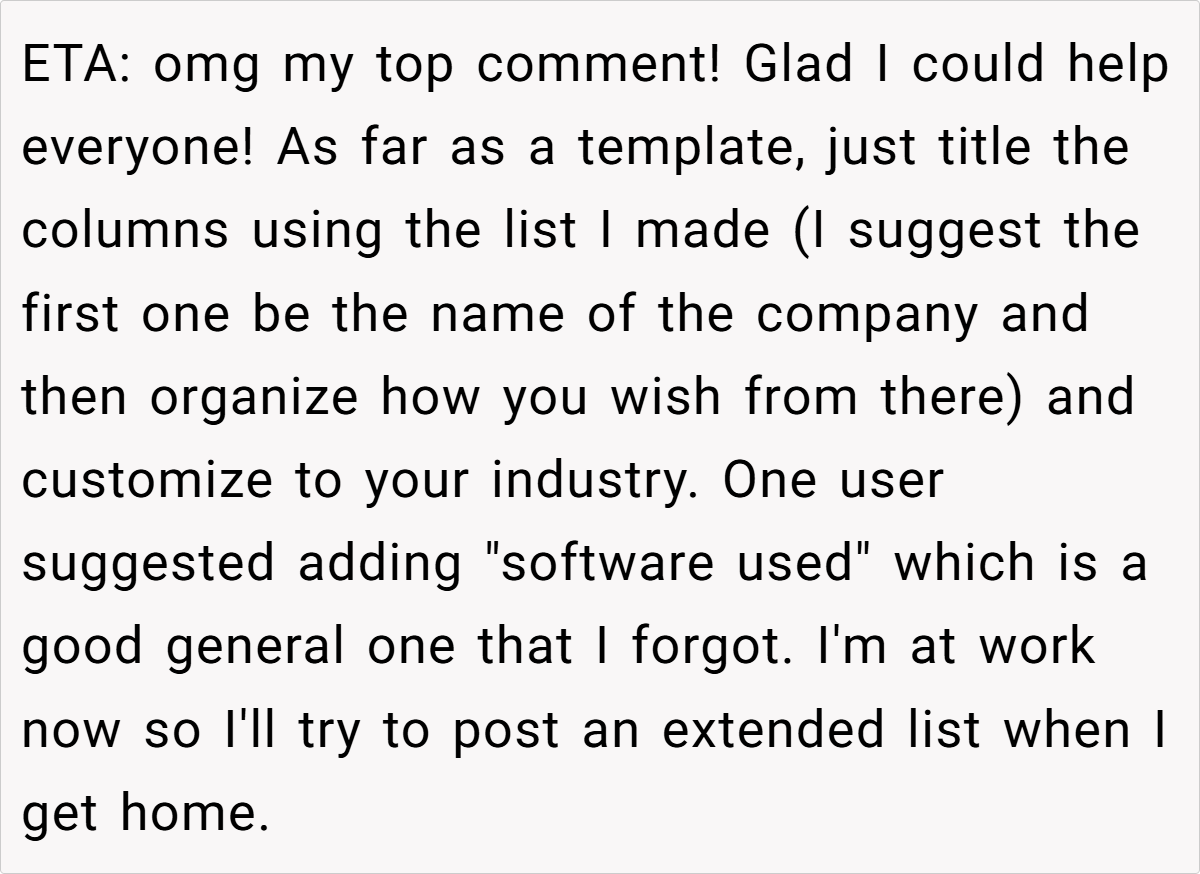
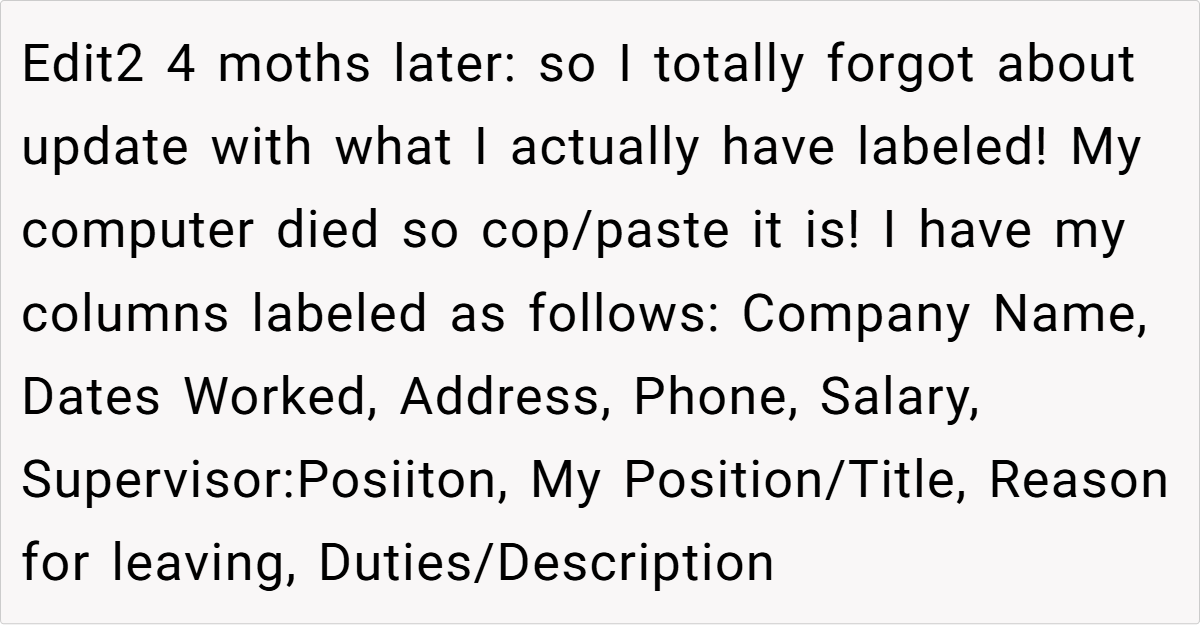

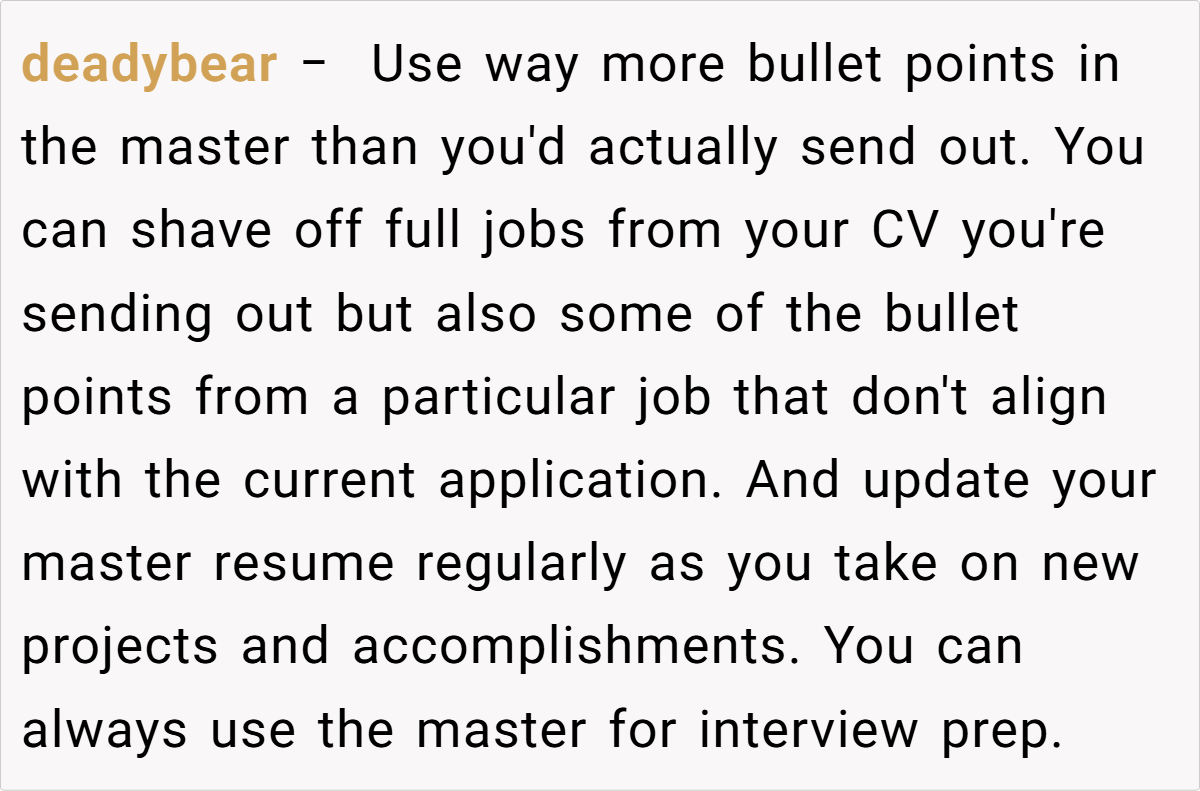
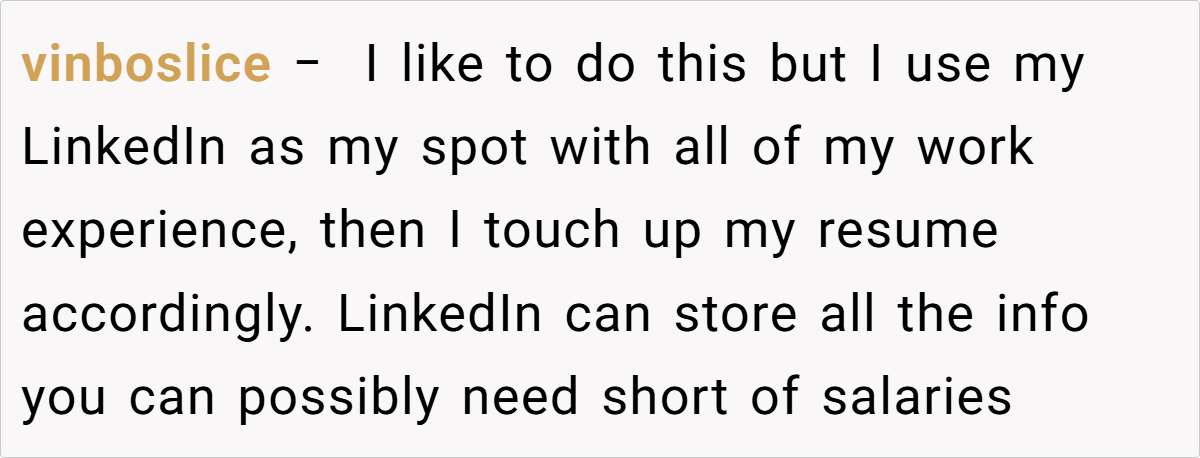
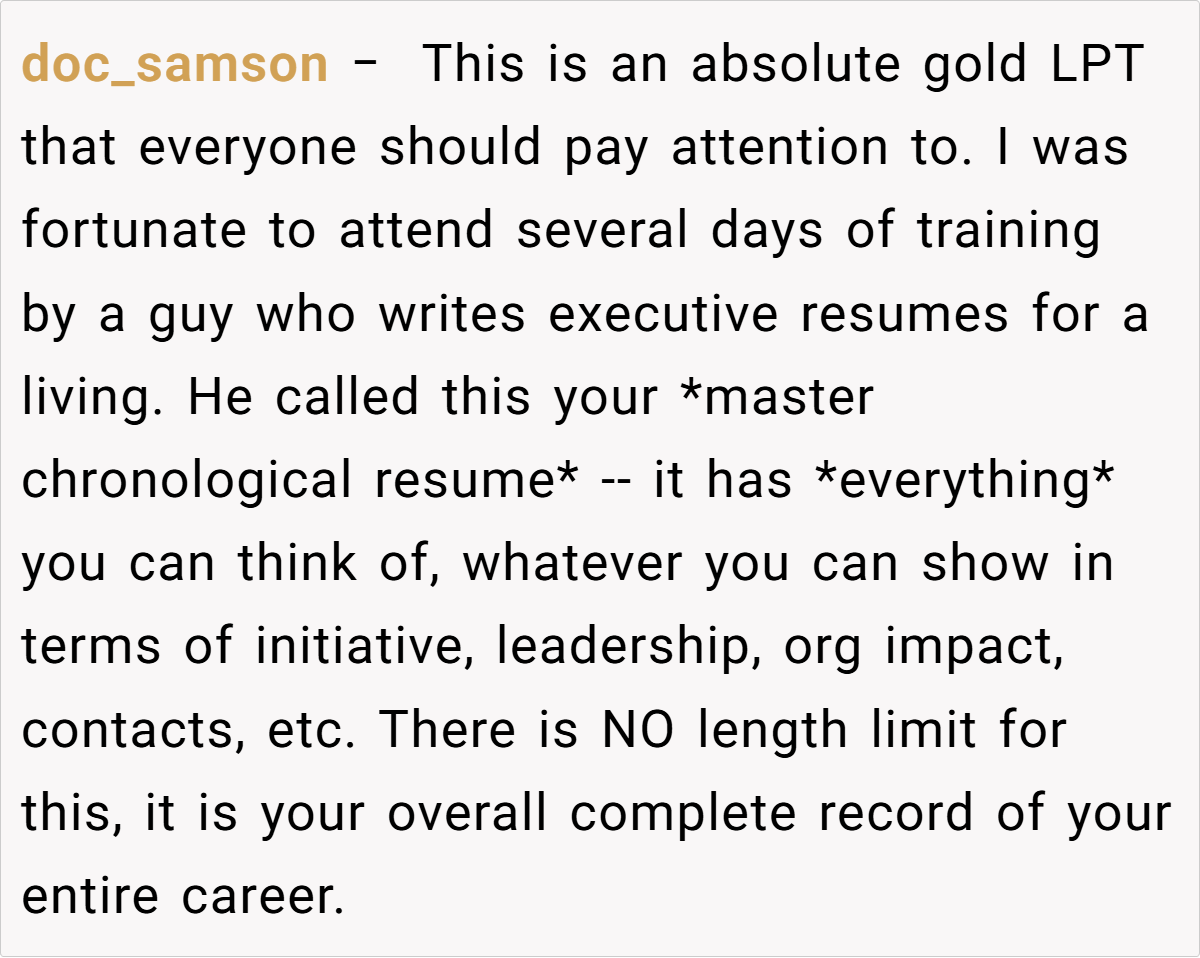
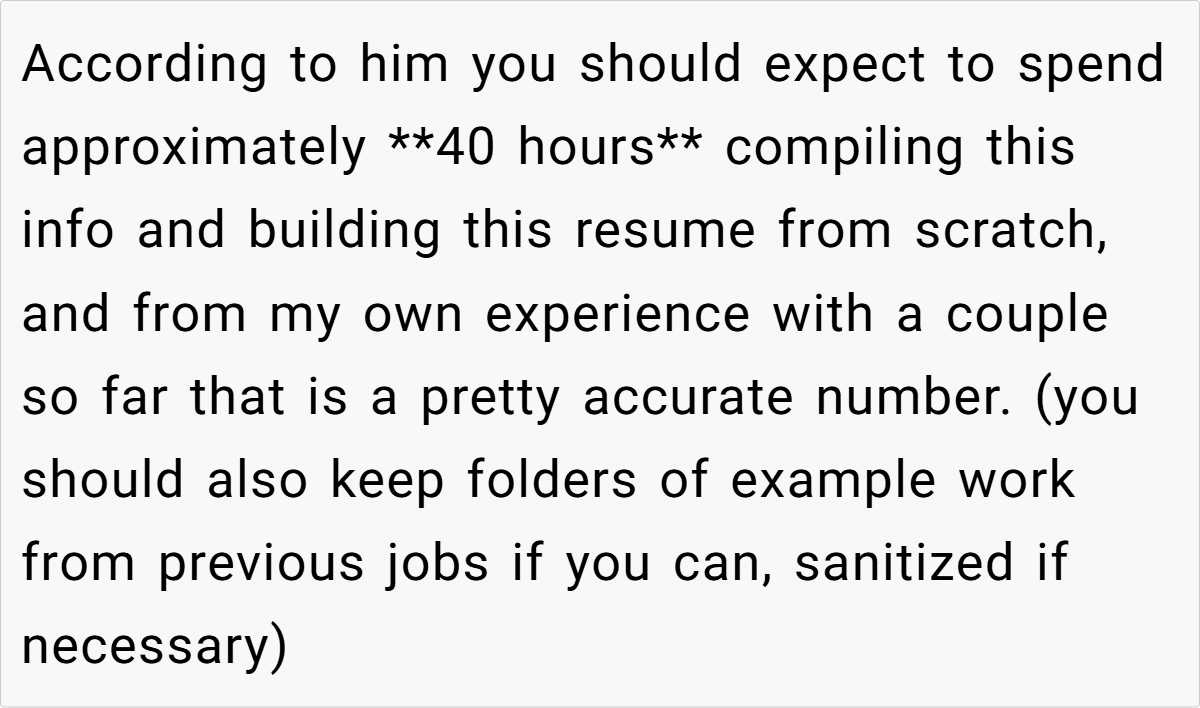
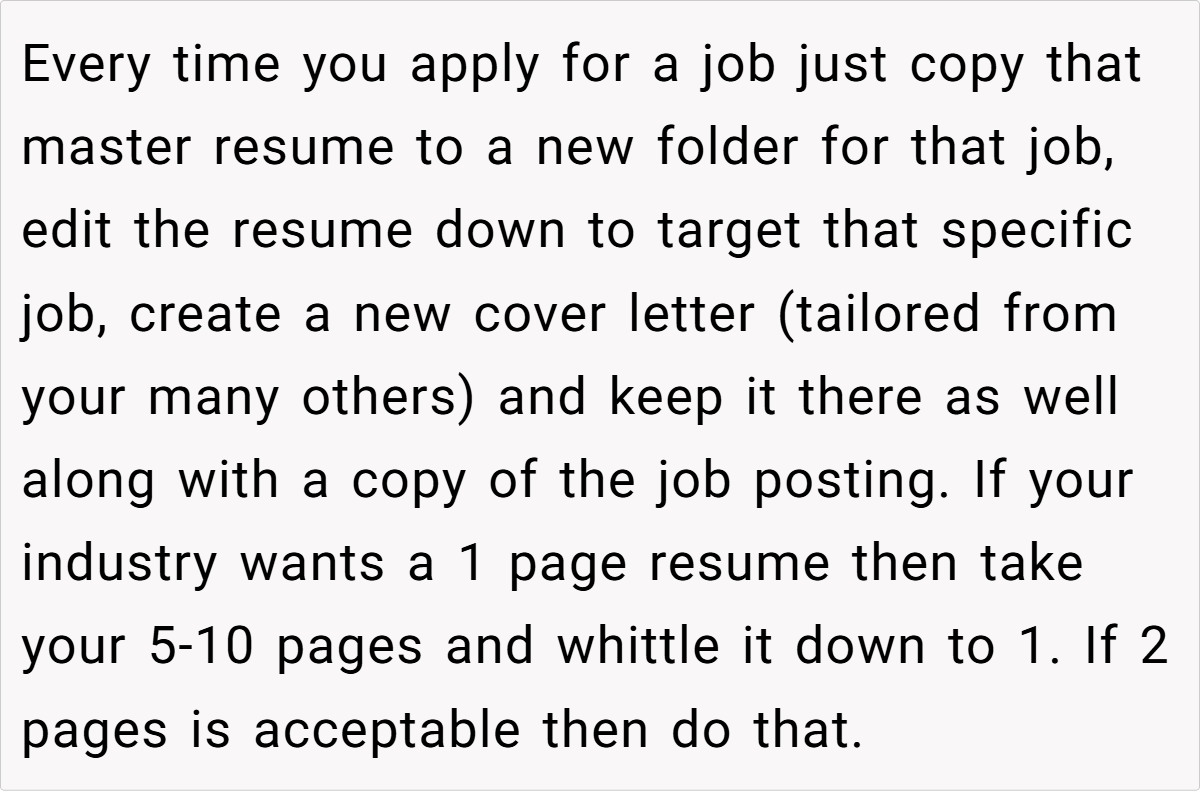
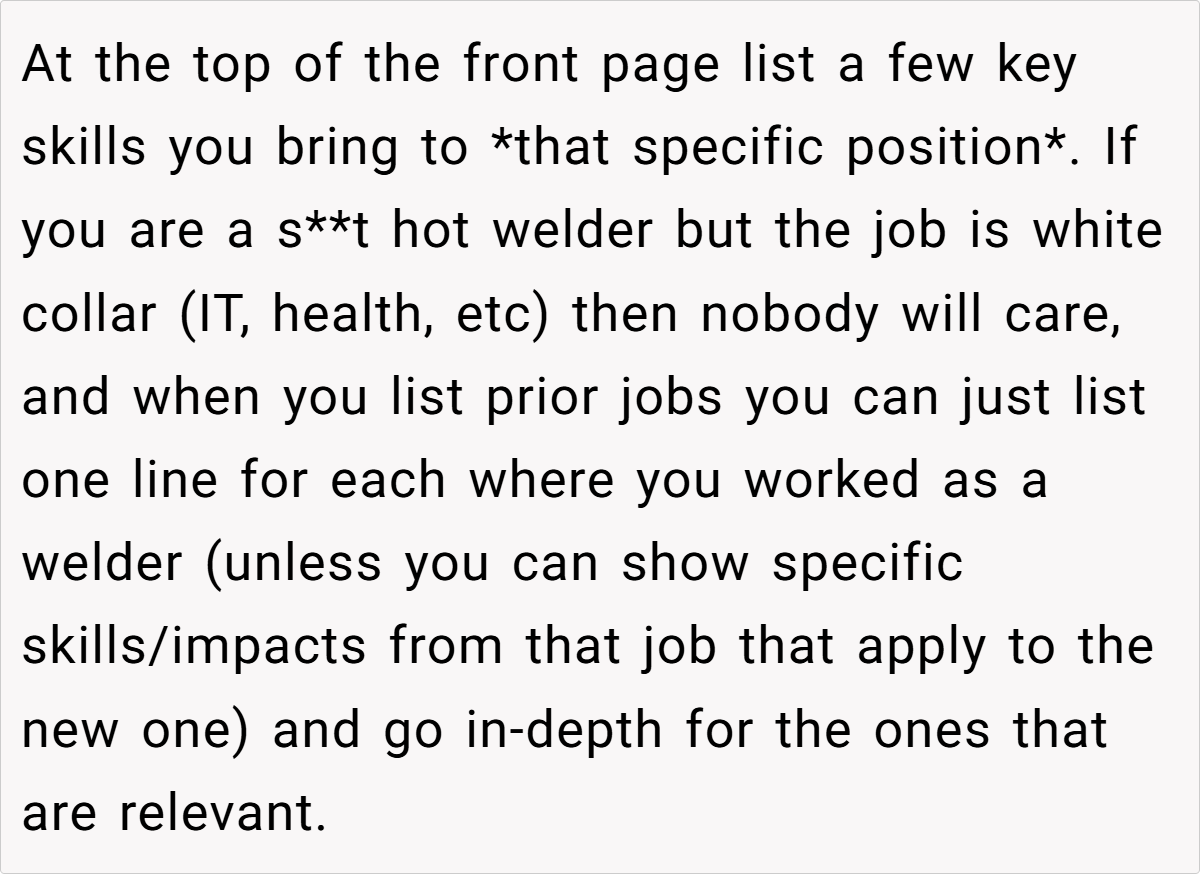
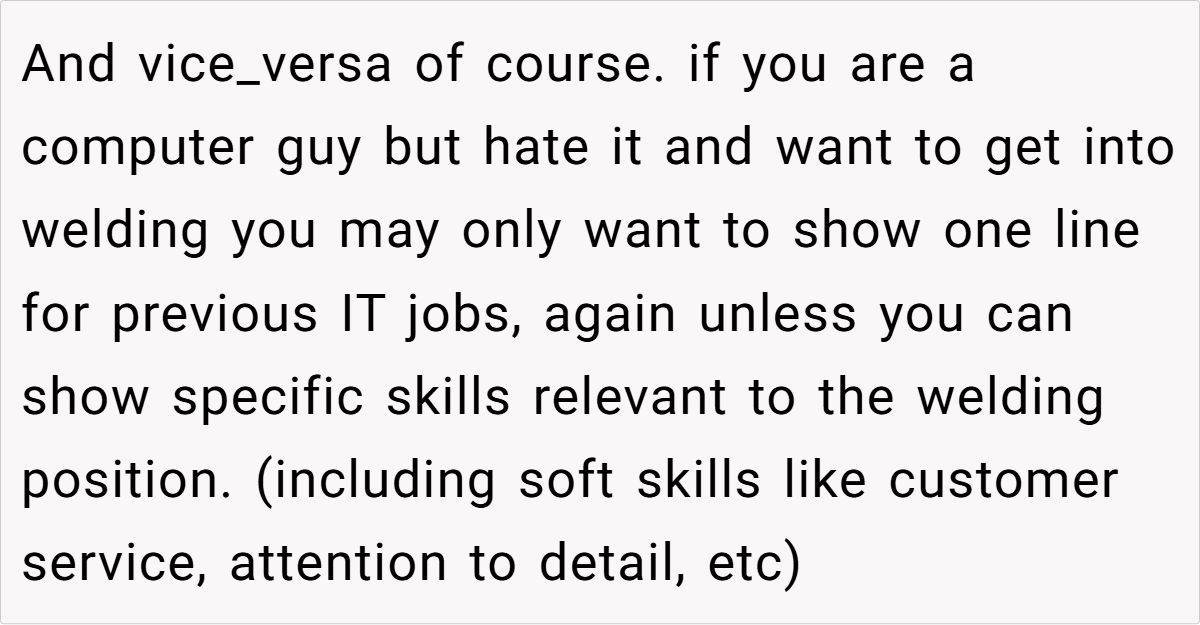
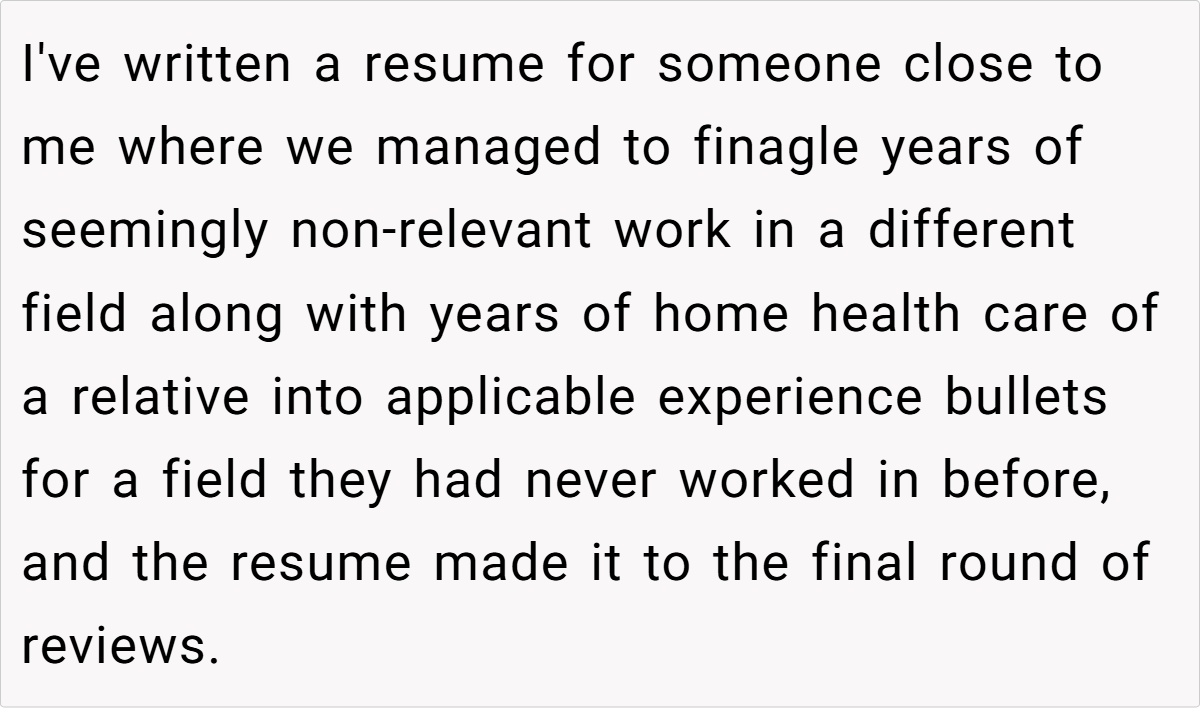
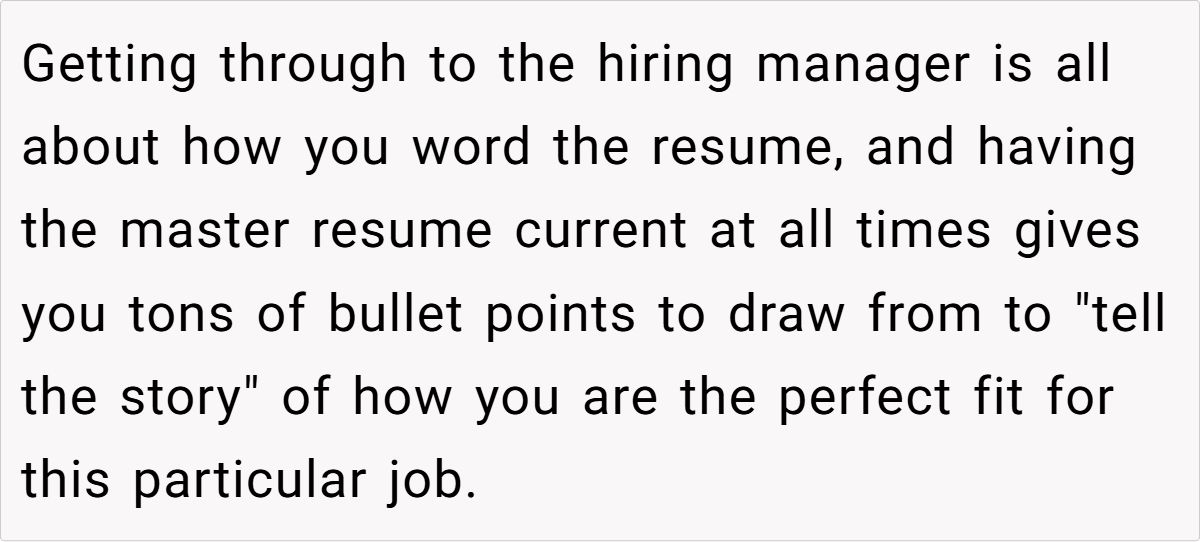
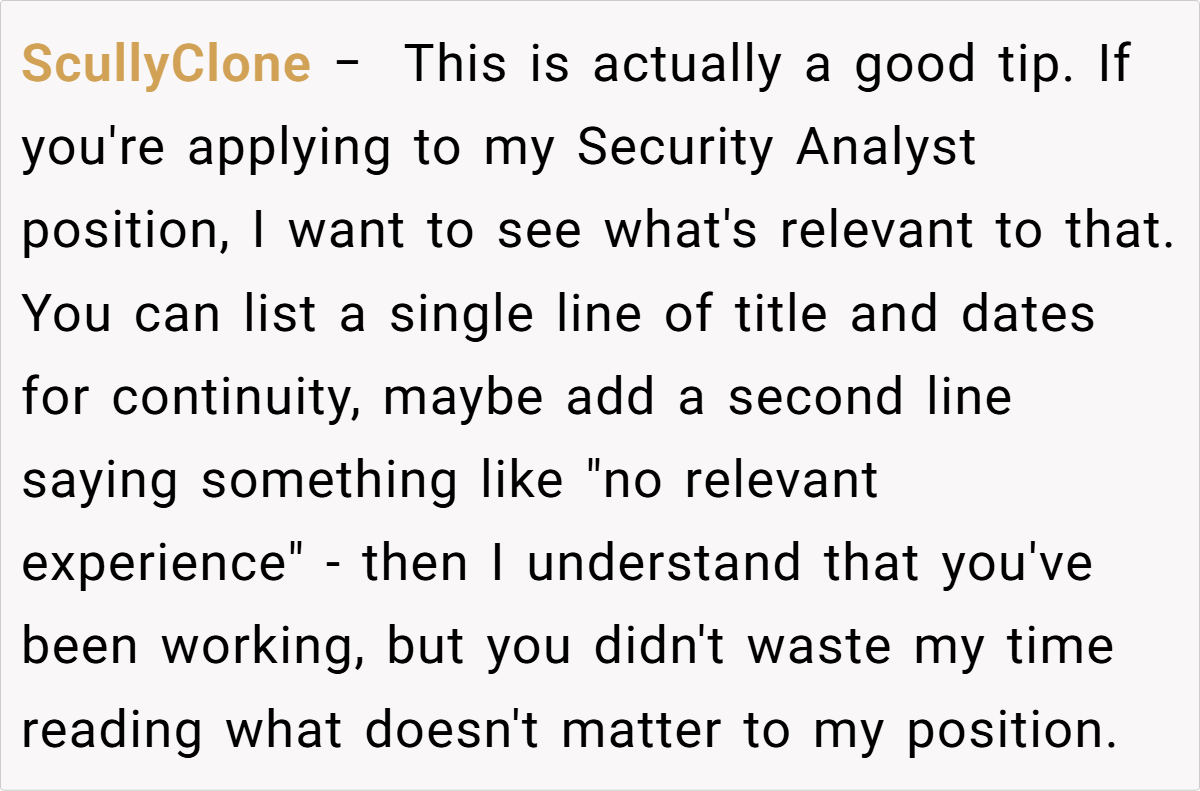
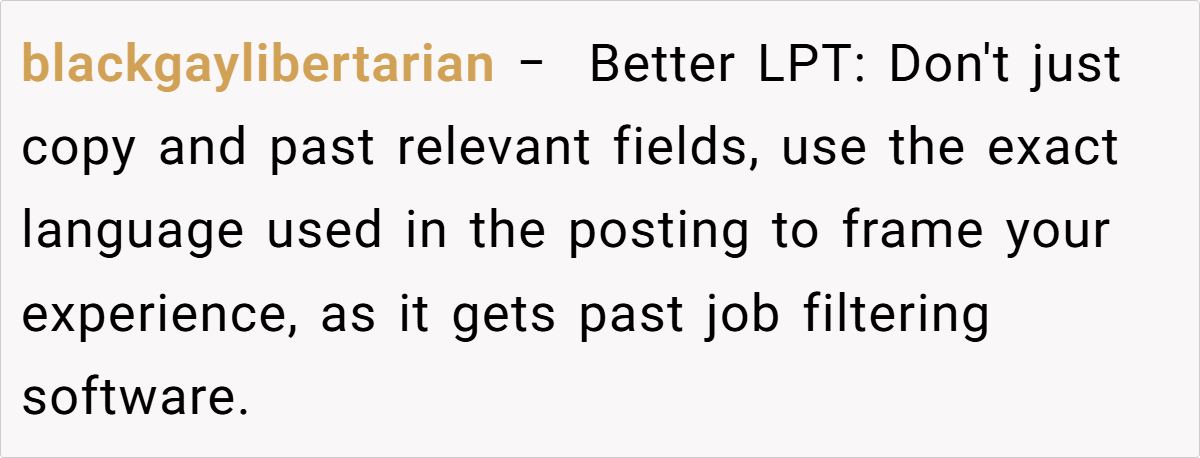


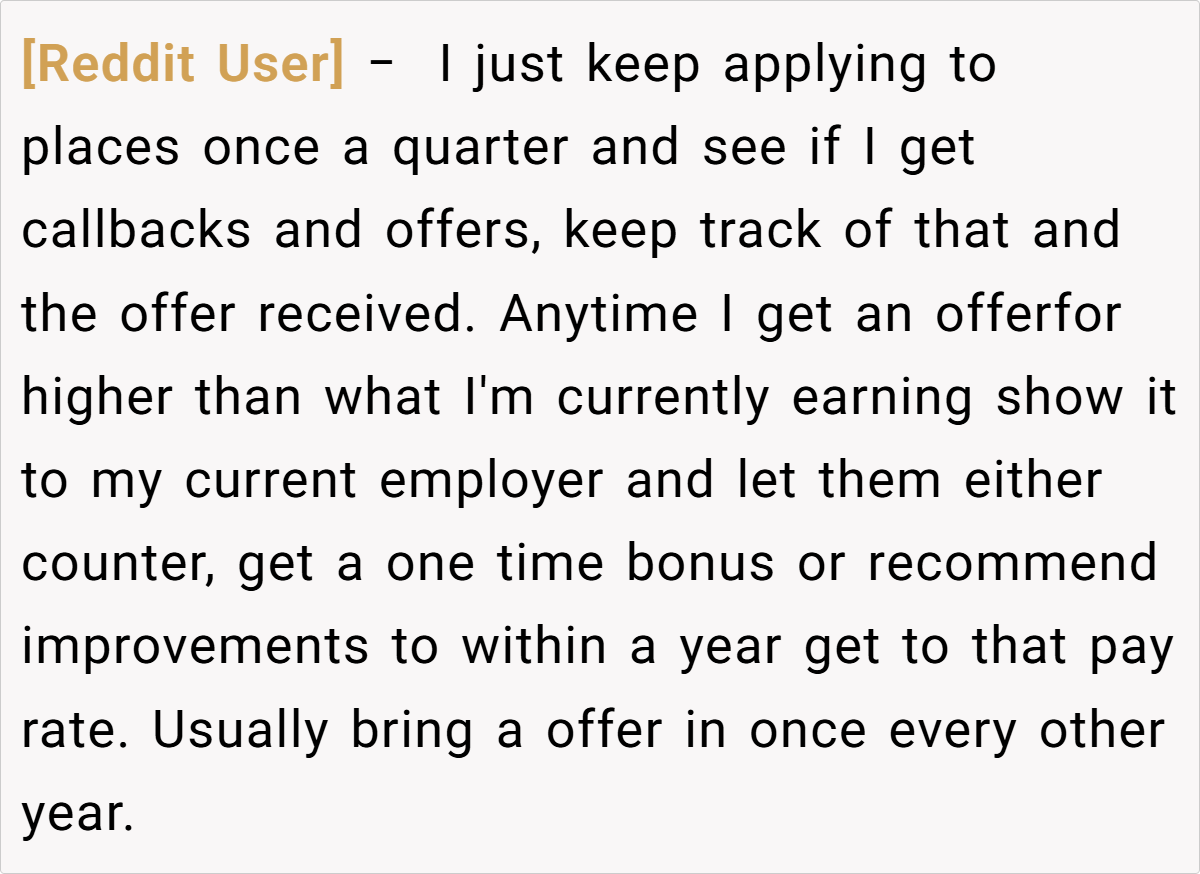
These are popular opinions on Reddit, but do they really reflect reality? The community’s diverse advice underscores that while there’s no one-size-fits-all approach, having a master resume gives you the flexibility to adapt and shine, no matter what job comes your way.
In conclusion, the master resume is more than just a record—it’s a dynamic tool that allows you to shape your professional story with precision. It encourages continuous reflection and growth, making every past experience a potential asset. What would you do if you found yourself in a similar situation, balancing detailed documentation with the art of storytelling in your career? Share your thoughts and experiences in the comments below!

